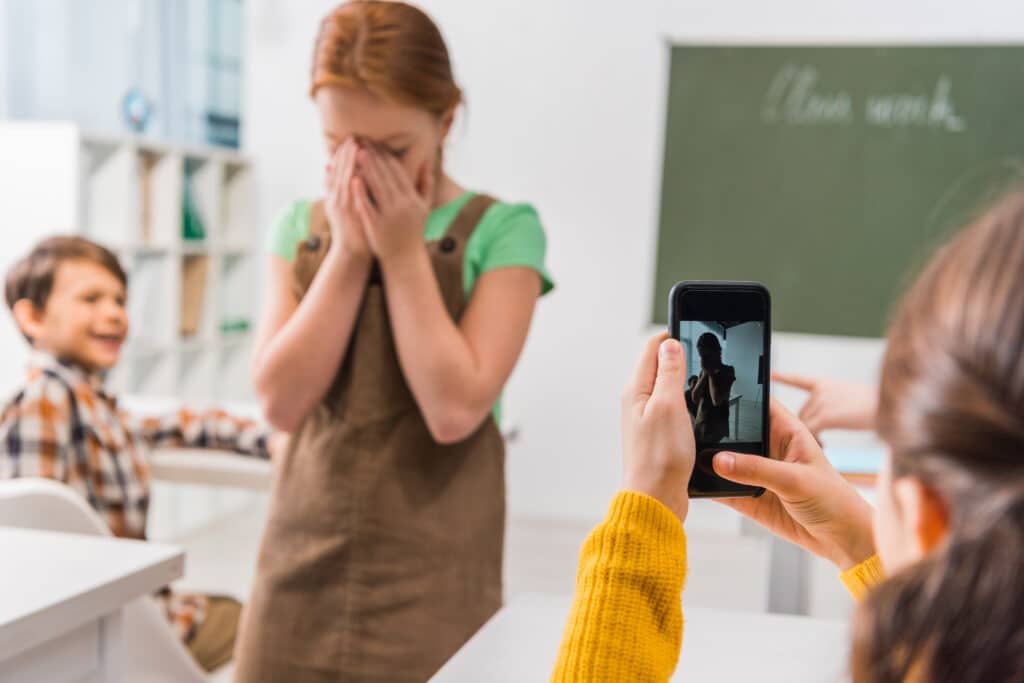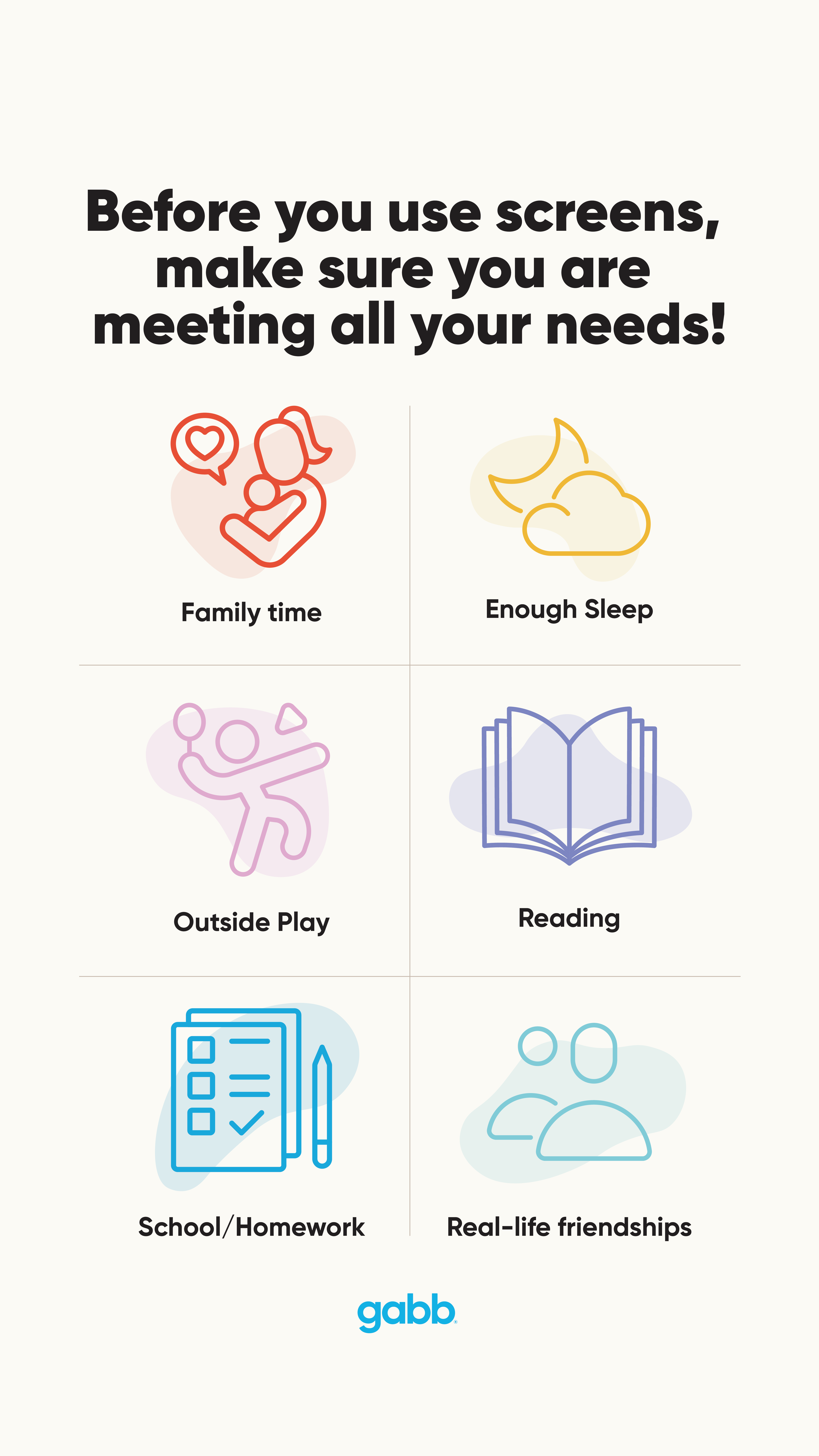What Parents Need to Know about Kids & Video Chat
JUL 18, 2023
What Parents Need to Know about Kids & Video Chat
It’s a sweet experience for our children to connect with loved ones over video chat. With all of the guidance regarding screen time, many parents have questions about the benefits and risks of this type of virtual communication.
Is Video Chat Considered Screen Time?
Video calling is considered screen time or media time. In moderation, video chat is considered one of the most beneficial ways for children to interact with digital media.
Screen Time and Young Children
The American Academy of Pediatrics (AAP) recommends that before the age of two, screen time be limited to an occasional video chat. They emphasize the importance of not replacing face-to-face communication and experiences with digital interactions.
Screen time can interfere with children’s brain development
Between the ages of zero to five, children experience an intense and rapid period of brain development. Personal interaction and hands-on experiences fuel that growth.
Digital media via television, tablets, parent and personal devices are readily accessible. Essentially, young children cannot transfer the information they take in and apply it in meaningful ways outside the screen.

Screen time and obesity
Much research has been done to discover risk factors in developing childhood obesity. Using screens more than one to one and a half hours per day is a commonality amongst kids who struggle to maintain a healthy weight.
Screen time and mental health
The AAP also warns of the negative outcomes of excessive screen time on youth. Children who spend too much time on screens can feel more depressed and isolated, grapple with internet addiction, and are more likely to be exposed to online predators.
Teaching Kids to Evaluate Apps
In the digital age, one skill kids will need is to be able to evaluate the benefits and costs that are inherent in every app. Use this guide to encourage young people to think about their motivation for getting an app as well as any unintended consequences that may result.
Teens and Video Chat
Adolescents spend even more time in virtual spaces. Common Sense Media surveyed over 1600 teens and found that the average time on screens outside of school had risen to 8.5 hours per day.
From social media apps with video sharing capabilities, to gaming apps like Discord, teens have countless avenues to video chat with friends and strangers.
Digital Permanency
Growing teenagers may not fully comprehend the notion of digital permanency, and the lasting consequences of sharing inappropriate content. Some social media platforms, like Snapchat, allow users to share “disappearing” messages. Kids may not realize that recipients can screen record these messages and share them online.
Predators on video chat
The FBI estimates there are over 500K predators online each day. The majority of victims falling between the ages of 12-15 with 90% of contact happening through chatrooms and instant messaging. These criminals frequently persuade children to undress over video chat. They record these exchanges and use the footage as child sex abuse material (CSAM), many going on to blackmail their young victims in sextortion scams.

Correlation to crime
The time spent virtually socializing seems to correlate with the incidence of becoming a victim of a crime. Researchers determined that the more an adolescent spends video chatting and other forms of virtual connection, the greater likelihood the child will be the victim of violent and property crimes and the target of in-school and online bullying. [1]
Healthy Habits for All Kids
When thinking about what guidelines you want to establish as a family, experts recommend first prioritizing sleep, outside play, family mealtime, school, and real-life interactions with family and friends.
Safe phones and watches make it easier for kids to have a healthy relationship with technology.
Video Calling in Moderation
In moderation, video chat benefits even young children. There is potential for learning new words and forming personal relationships when video calling. These cognitive and social gains are only possible because the time on screen is interactive where they receive cues from their partner.
Older kids can use chat to augment in-person relationships, but never to replace them.
Family Discussions about Screen Time
Working together to create a family media plan helps families evaluate their tech use and align the way they consume media with their values. These conversations do not have to be battles (although there may be some friction). Helping kids understand the “why” of the limits goes a long way in accepting the plan.
How does your family manage video chat and screen time? Let us know in the comments!













Success!
Your comment has been submitted for review! We will notify you when it has been approved and posted!
Thank you!